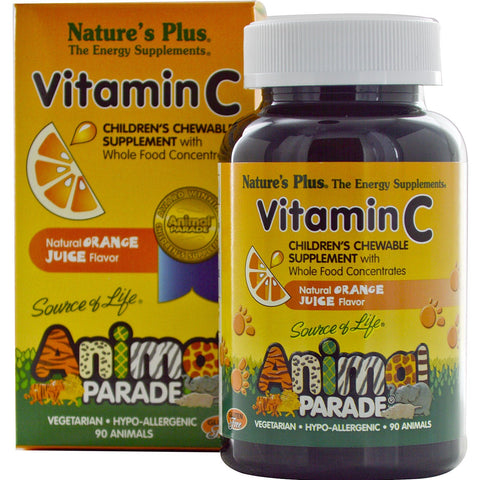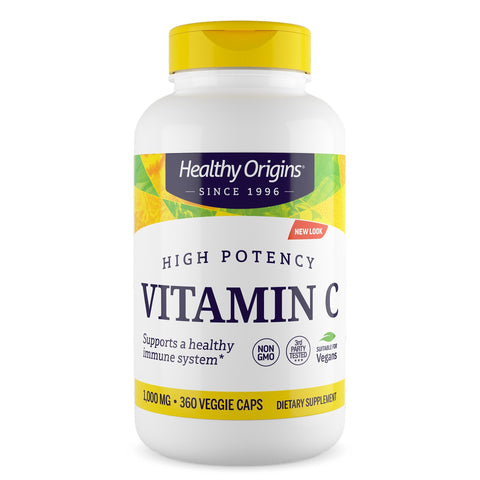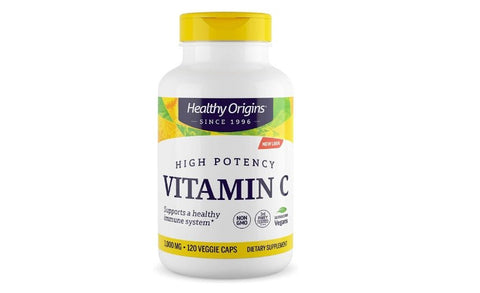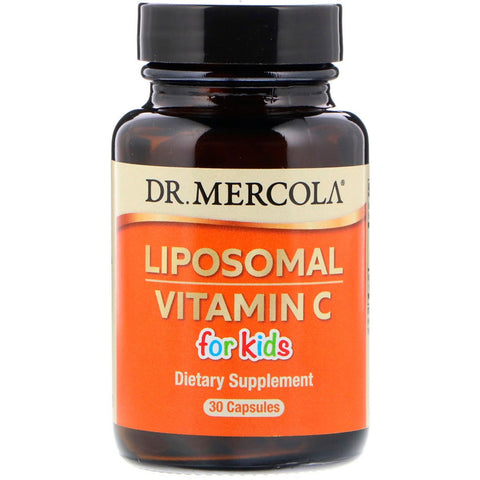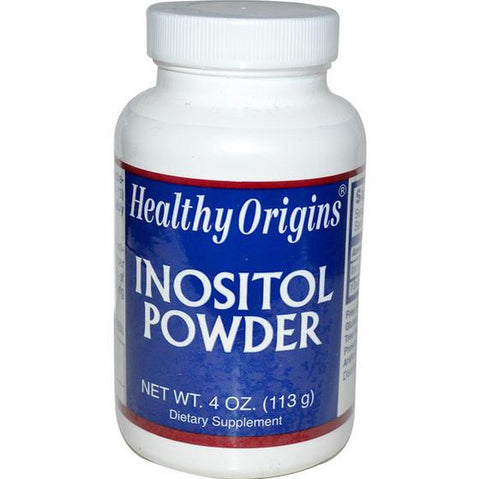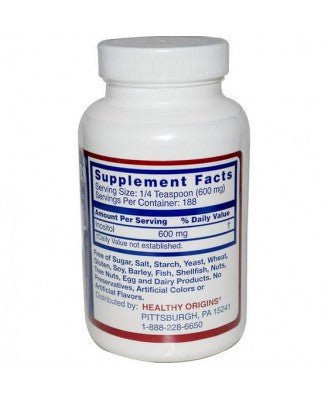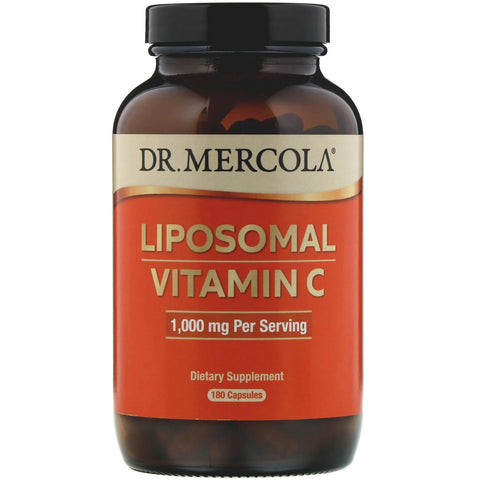9 products
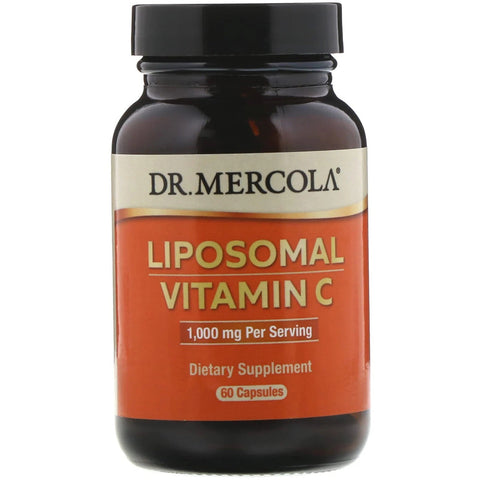
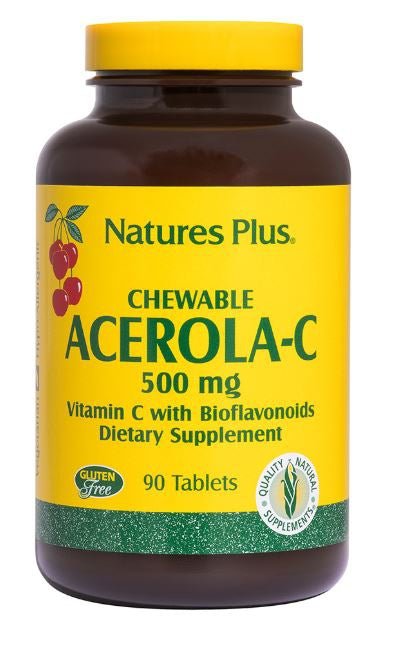
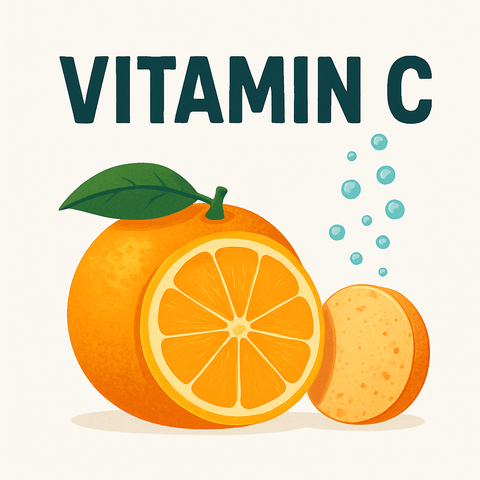
Vitamin C Benefits: Immunity, Skin, Energy & Antioxidant Support
🍊 Vitamin C Benefits: Immunity, Skin, Energy & Antioxidant Support
📚 Table of Contents
-
Introduction
-
What Is Vitamin C?
-
EFSA-Approved Health Claims
-
Immune System Function
-
Antioxidant Protection
-
Energy-Yielding Metabolism
-
Collagen Formation for Skin, Gums & Bones
-
Iron Absorption
-
Nervous System Support
-
Psychological Function
-
Reduction of Fatigue
-
-
Sources of Vitamin C
-
Natural Food Sources
-
Fortified Foods
-
Supplements
-
-
Recommended Daily Intake
-
Vitamin C Deficiency Symptoms
-
Vitamin C Safety & Upper Limits
-
Supplementation Guidelines
-
Enhancing Vitamin C Absorption
-
FAQs
-
Conclusion
1. 📖 Introduction
Vitamin C, also known as ascorbic acid, is a water-soluble vitamin essential to various physiological functions. The European Food Safety Authority (EFSA) has approved multiple health claims for Vitamin C, making it one of the most scientifically backed vitamins in Europe.
Unlike most animals, humans cannot synthesize Vitamin C and must obtain it from their diet. From boosting immune defense to helping the body produce collagen, Vitamin C is indispensable.
2. 🔬 What Is Vitamin C?
Vitamin C is a water-soluble antioxidant that plays a crucial role in numerous biological processes. It exists in both natural and synthetic forms, which are chemically identical and equally effective.
Main characteristics:
-
Acts as a cofactor for enzymatic reactions
-
Supports the immune system and energy production
-
Aids in collagen synthesis
-
Enhances iron absorption
Because it’s water-soluble, Vitamin C is not stored in the body, requiring regular dietary intake to maintain optimal health.
3. ✅ EFSA-Approved Health Claims
The European Food Safety Authority (EFSA) has validated the following scientifically proven health claims for Vitamin C:
3.1 Immune System Function
“Vitamin C contributes to the normal function of the immune system.”
Vitamin C stimulates the production and function of white blood cells, enhances immune responses, and supports the body's defenses against pathogens.
It also helps maintain the integrity of the skin and epithelial tissues, forming the body's first line of defense.
3.2 Antioxidant Protection
“Vitamin C contributes to the protection of cells from oxidative stress.”
As a powerful antioxidant, Vitamin C neutralizes free radicals, which can damage cells and accelerate aging. This role is vital for long-term health and reducing inflammation.
3.3 Energy-Yielding Metabolism
“Vitamin C contributes to normal energy-yielding metabolism.”
Vitamin C is involved in energy production by helping convert food into usable energy and supporting enzymatic processes in the mitochondria.
3.4 Collagen Formation
“Vitamin C contributes to normal collagen formation for the normal function of blood vessels, bones, cartilage, gums, skin, and teeth.”
Collagen is the most abundant protein in the body. Without Vitamin C, the body cannot produce collagen efficiently, impacting everything from skin elasticity to joint and bone health.
3.5 Iron Absorption
“Vitamin C increases iron absorption.”
Especially important for vegetarians and vegans, Vitamin C enhances the absorption of non-heme iron from plant sources, helping prevent anemia and fatigue.
3.6 Nervous System Support
“Vitamin C contributes to the normal functioning of the nervous system.”
Vitamin C supports neurotransmitter production and nerve health, helping to maintain optimal cognitive function and coordination.
3.7 Psychological Function
“Vitamin C contributes to normal psychological function.”
Low levels of Vitamin C are associated with mood disorders and fatigue. It plays a role in neurotransmitter synthesis like dopamine and serotonin, which influence mood, memory, and focus.
3.8 Reduction of Fatigue
“Vitamin C helps to reduce tiredness and fatigue.”
By aiding in energy metabolism and supporting the adrenal glands, Vitamin C helps prevent exhaustion and boosts vitality.
4. 🥦 Sources of Vitamin C
4.1 Natural Food Sources
| Food | Vitamin C (mg/100g) |
|---|---|
| Acerola cherries | 1677 mg |
| Guava | 228 mg |
| Kiwi | 92 mg |
| Strawberries | 59 mg |
| Oranges | 53 mg |
| Broccoli | 89 mg |
| Bell peppers (red) | 190 mg |
| Kale | 120 mg |
| Brussels sprouts | 85 mg |
4.2 Fortified Foods
-
Fruit juices
-
Breakfast cereals
-
Plant-based milks (e.g., oat, almond)
4.3 Supplements
-
Tablets, capsules, powders
-
Buffered forms for reduced acidity
-
Liposomal Vitamin C for better absorption
-
Ester-C® (calcium ascorbate) for stomach-sensitive users
5. 📏 Recommended Daily Intake (RDI)
EFSA and national agencies recommend:
| Group | RDI |
|---|---|
| Adult men | 110 mg/day |
| Adult women | 95 mg/day |
| Pregnant women | 100–105 mg/day |
| Breastfeeding women | 135 mg/day |
| Children (4–10 years) | 45–70 mg/day |
| Adolescents (11–17 years) | 80–100 mg/day |
6. ⚠️ Vitamin C Deficiency Symptoms
Low levels of Vitamin C can cause:
-
Fatigue
-
Bleeding gums and loose teeth
-
Poor wound healing
-
Dry, scaly skin
-
Joint pain
-
Bruising easily
-
Frequent infections
-
Scurvy in severe cases
7. 🧪 Vitamin C Safety & Upper Limits
While Vitamin C is safe and excess is excreted in urine, high doses may lead to:
-
Diarrhea
-
Abdominal cramps
-
Kidney stones (rare, usually in >2000 mg/day)
EFSA does not set a Tolerable Upper Intake Level (UL), but many countries advise limiting to 1000 mg/day from supplements.
8. 💊 Supplementation Guidelines
Who may benefit from supplementation?
-
Smokers (higher oxidative stress)
-
Pregnant/lactating women
-
People under chronic stress
-
Vegans/vegetarians (to enhance iron absorption)
-
Elderly (reduced absorption)
Dosage tips:
-
Divide doses over the day for better absorption
-
Buffered or liposomal forms can enhance bioavailability
-
Avoid taking with aluminum-based antacids
9. 🔗 Enhancing Vitamin C Absorption
-
Take with food to prevent stomach discomfort
-
Avoid high-heat cooking—Vitamin C is heat-sensitive
-
Pair with iron-rich plant foods for better mineral uptake
-
Split doses to maintain steady blood levels
10. ❓ FAQs
Q1: Can I get enough Vitamin C from food?
Yes—fruits and vegetables can easily provide your daily requirement if consumed fresh.
Q2: Is Vitamin C good for your skin?
Yes—EFSA confirms its role in collagen production, essential for skin structure and elasticity.
Q3: Does Vitamin C really help with colds?
While it may not prevent colds, it supports immune function and may shorten recovery time.
Q4: Can I take Vitamin C every day?
Yes—daily intake is necessary since your body doesn’t store it.
Q5: What's the best form of Vitamin C supplement?
Liposomal or buffered Vitamin C is gentle on the stomach and offers enhanced absorption.
11. ✅ Conclusion
Vitamin C is a powerful micronutrient with numerous EFSA-approved benefits:
-
Boosts immune system
-
Fights oxidative stress
-
Reduces fatigue
-
Supports skin, gums, and collagen
-
Enhances iron absorption
-
Supports nervous and psychological function
Maintaining sufficient Vitamin C intake from fresh produce, fortified foods, or supplements is crucial for sustained health, energy, and resilience.

